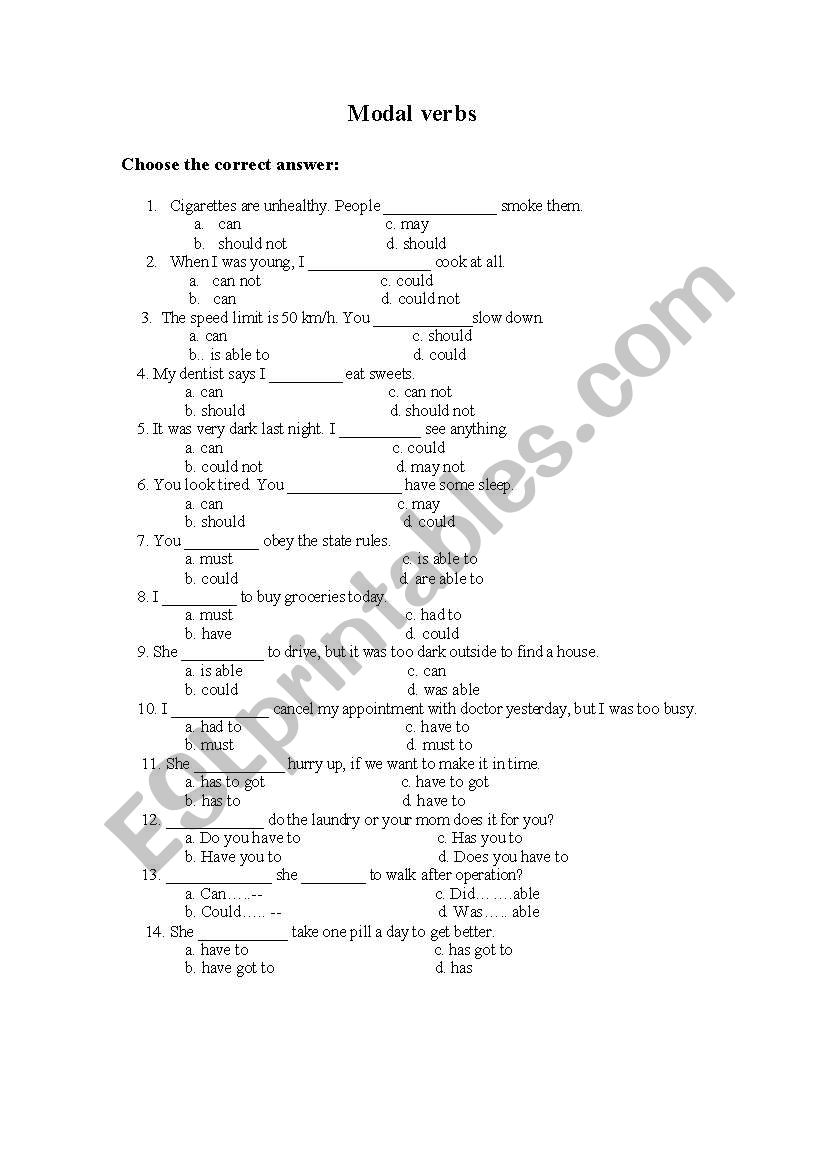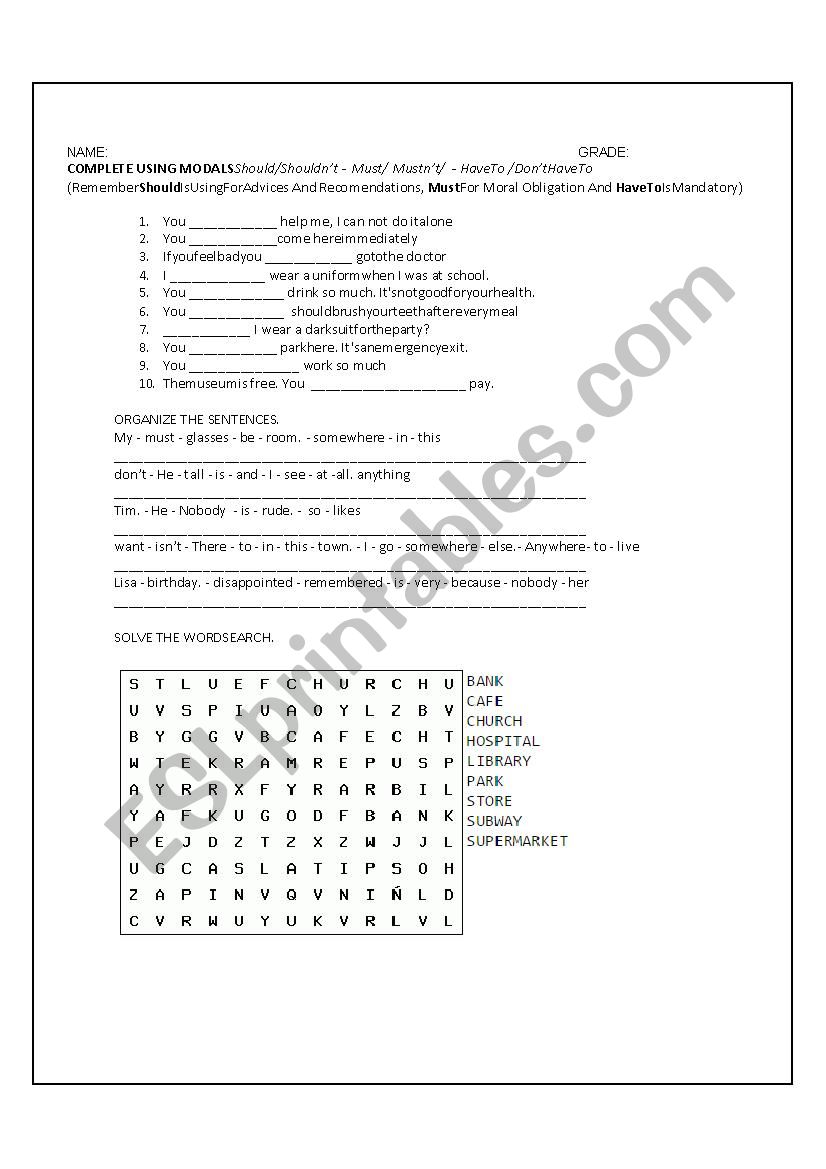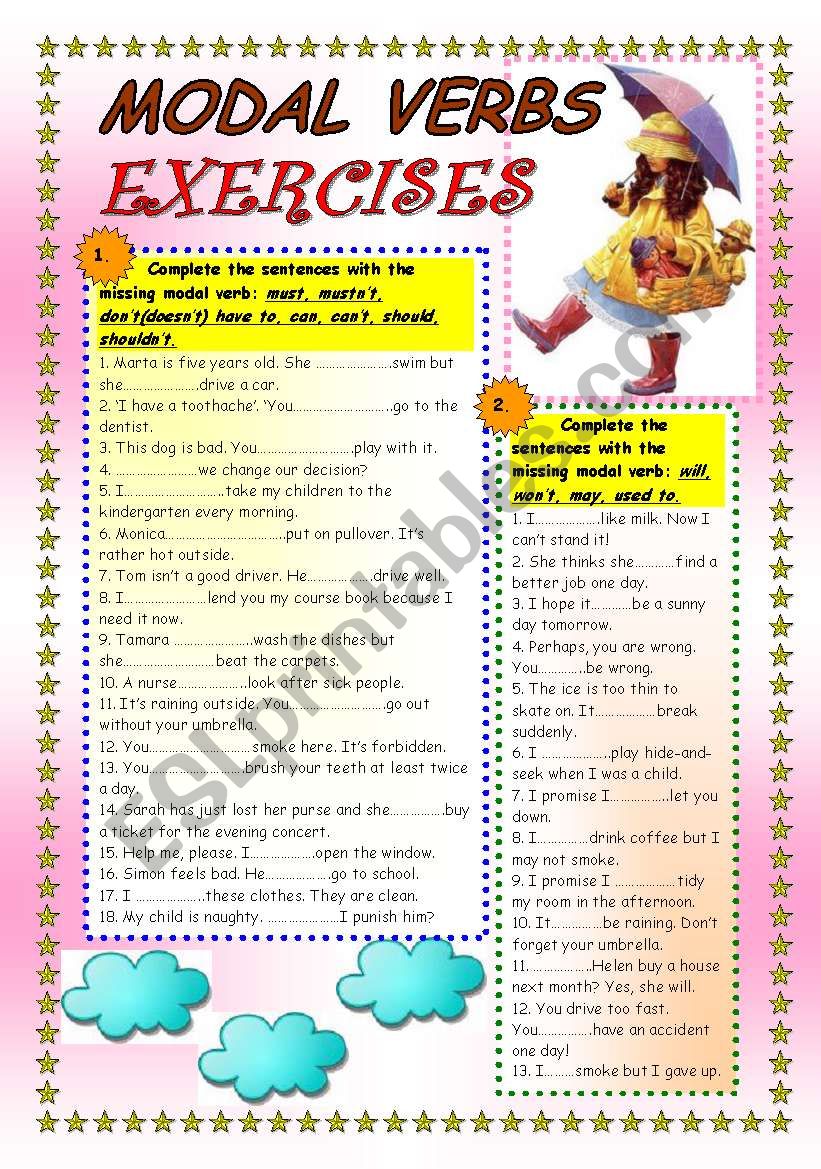

We shall do everything we can to solve the problem.I shall never forget the help you gave me.The accused shall appear in court again on 26th October.The tenant shall pay the agreed amount on the first day of every month.Guests shall not remove anything from the rooms.Applicants shall provide evidence of their qualifications.What shall we do after we’ve watched the film?.Shall I water your plants while you’re away?.Where shall I drop you off? Outside your office?.Here is the question form for all the subjects, though we only normally use ‘shall’ in questions with I and we: We make the question by inverting the subject and ‘shall’. The contraction form, ‘ shan’t’, is something we generally use in spoken English but rarely in its written form. The negative form is created by adding ‘not’: We form sentences with ‘shall’ in the same way as we do with ‘will’. However, we still use ‘shall’ to form questions with ‘I’ and ‘we’, especially in British English. But in modern English we usually prefer ‘will’ for affirmative and negative sentences. In the past, ‘shall’ was often used as an alternative to ‘will’, and you can find many examples of ‘shall’ in famous literary works. Will she come to dinner if I invite her?.If they win the next match, they’ ll go through to the final.Lee and Kim will show you around the city.į) to describe the consequence of a conditional phrase:.


He’ ll send us the report when he has all the data.The trains will be late today because of the bad weather.We use ‘will’ for the following situations: To make the question form we invert the subject and ‘will’: The structure of ‘will’ is easy because it is the same for all subjects and you don’t need to change anything about the verb. The most basic and common form used to express the future is ‘will’. So what is the difference and when should you use them? Read on to find out. ‘Will’ and ‘shall’ are in many ways the easiest to use because of their simple structure, but they can also be easy to confuse. When you want to talk about the future in English, there are various forms you can use, including the present continuous, ‘be going to’, ‘will’ and ‘shall’.


 0 kommentar(er)
0 kommentar(er)
